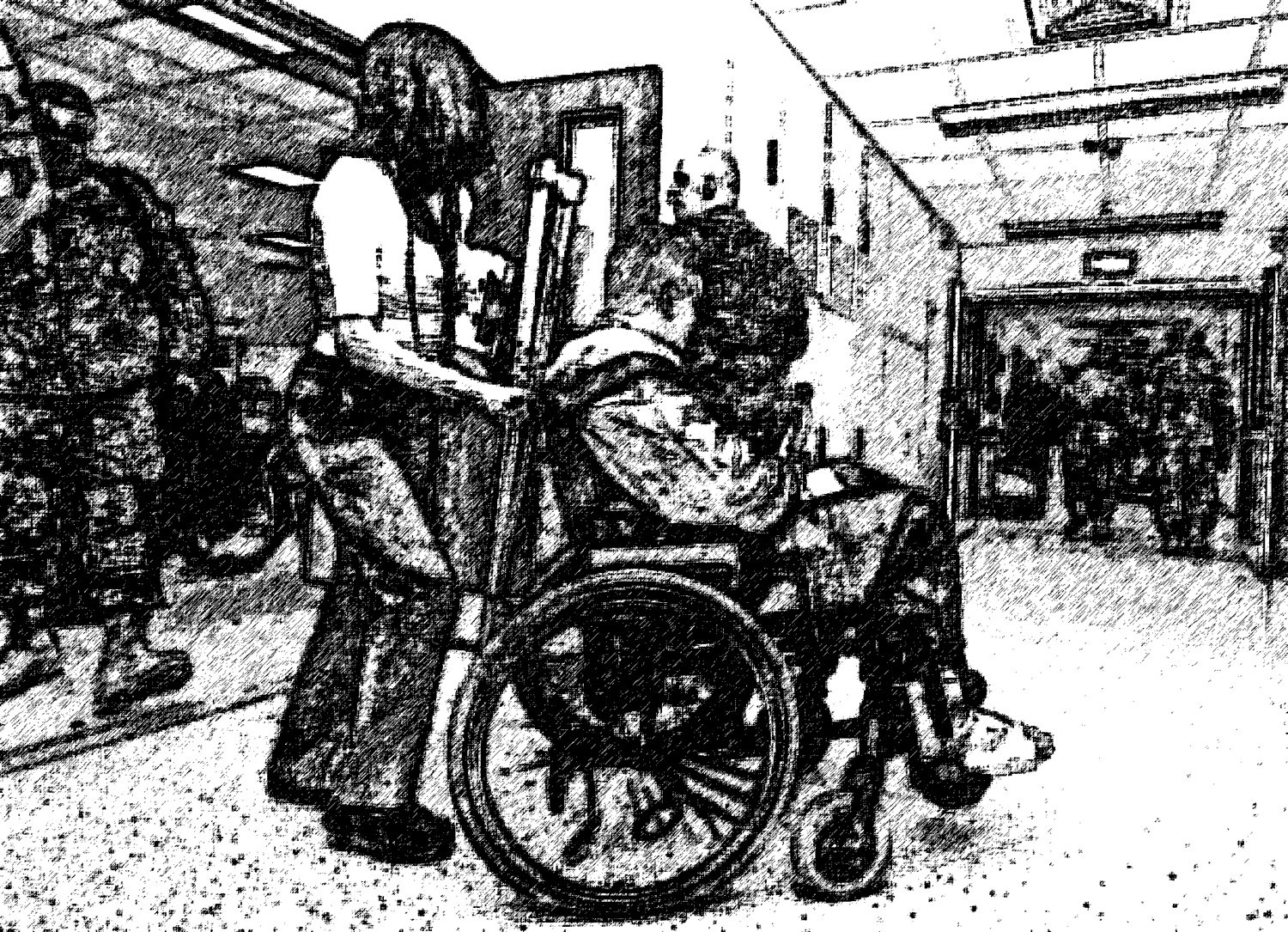HEIDELBERG, Germany (Army News Service, Sept. 13, 2007) - U.S. Army Europe Soldiers who need extended medical care will no longer have to return stateside for treatment, thanks to the creation of new Army warrior transition units in Germany.
Creation of the WTUs marks the first time Soldiers have a program and facilities focused entirely on supporting them during the healing process, said Brig. Gen. David Rubenstein, commander of Europe Regional Medical Command, during a two-day conference for WTU cadre here Aug. 29-30.
The conference, which hosted about 25 cadre, nurses and physicians, was designed to help attendees understand how the units will work, and how to effectively take care of wounded Soldiers.
"In Europe, we've never had a 'medical hold unit' before. Prior regulations stated that if you were in a 'med hold' situation we needed to evacuate you back to the States," said Maj. Ellen Daly, ERMC chief of patient administration.
The WTUs are one of several improvements under the Army Medical Action plan announced by the Department of Defense in June.
"The Army Medical Action Plan is the vice chief of the Army's number-two priority," Maj. Daly said. "The first priority is to win the war against terrorism, and the second is to take care of our wounded Soldiers, which is why he designed these units."
The units, designed for Soldiers going through the medical board process and Soldiers requiring complex care lasting longer than six months, will establish command and control that assigns those Soldiers to one command.
"We'll take care of these patients and either get them to a point where they are fit for duty, or help them transition into the civilian world so they can contribute back to society and serve their country in a different way," Maj. Daly said.
Each Soldier will be assigned a squad leader to help with Soldier issues, a nurse case manager to help with appointments, medication and health care consultations and a primary care manager to manage his care plans and all medical needs, the major said.
"We're helping wounded Soldiers through the healing process by giving them focused attention day in and day out on their healing mission," Brig. Gen. Rubenstein said.
Besides giving wounded Soldiers the time they need to heal, putting troops in the WTUs will allow commanders to refill the positions those wounded Soldiers had been filling, said Maj. Orlando Rummans, chief of patient administration for ERMC's office of the Command Surgeon. In the past, wounded Soldiers remained assigned to their original job positions for the duration of their healing process, no matter how long that might be, and commanders could not request new Soldiers to fill those slots during that time.
There will be four main hubs for WTUs in Germany - one each in Heidelberg and Vilseck, and two in Landstuhl. One of the Landstuhl units is designated solely for wounded Soldiers assigned to Stateside units that are currently deployed, Maj. Rummans said.
The cadre selected for Europe's WTU were hand-picked based on their prior success in a leadership position such as squad leader, first sergeant, platoon leader or commander, Maj. Daly said. In addition, the major explained, the leaders have all deployed, allowing them to better understand the struggles of wounded Soldiers.
Other WTU squads will be established throughout the USAREUR theater. During their healing process, Soldiers placed in the units will be assigned to work in low-intensity jobs in places such as local clinics or post gyms where they can work without violating their medical profiles, Maj. Rummans said.
For more information on the WTUs, visit the <a href="http://www.healthcare.hqusareur.army.mil" target="_blank">ERMC Web site</a> and click on the warrior in transition link.
(Sgt. Aimee Millham serves with U.S. Army, Europe, Public Affairs Office.)


Social Sharing